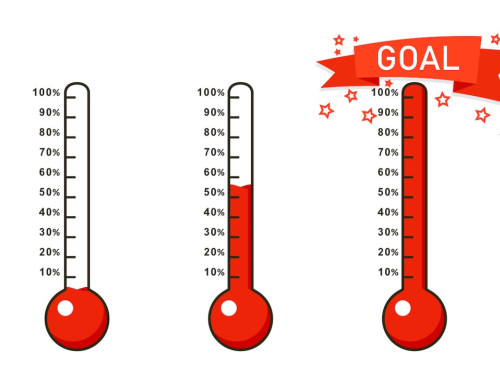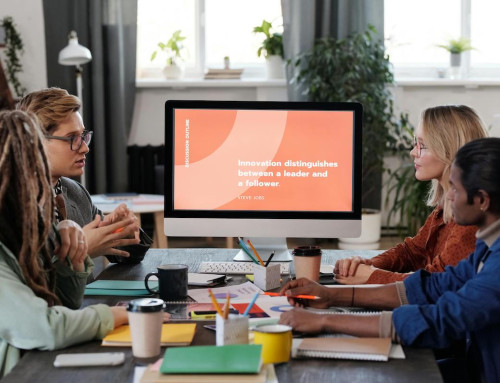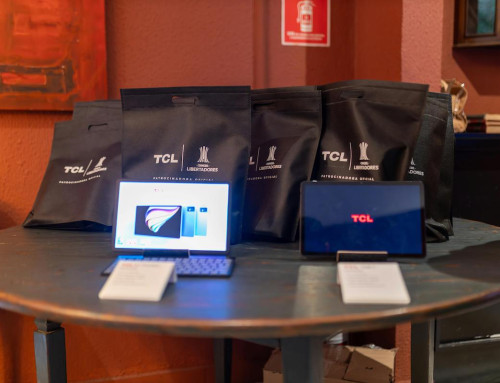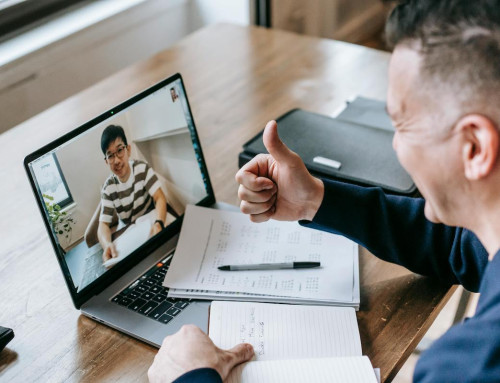With the global competition for talent in the knowledge economy, many higher education institutions face common challenges: Branding and reputation abroad; changing student demographics; tight institutional budgets; and an uncertain future brought by the COVID-19 pandemic. Engaging alumni abroad matter now more than ever.
Sandra Rincón, Founder and President of the Holland Alumni Network-NL in the Netherlands stated that universities must be able to both attract talent as well as retain them. Institutions are the engines for innovation and diversity is the key. There is an ever-increasing need for universities to educate global citizens, with multicultural classrooms, preparing students for an international labour market. This will allow their graduates to have a social impact both locally and globally.
“Internationalisation is one of the major forces impacting and shaping higher education as it evolves to meet the challenges of the 21st Century” – Jane Knight, Higher Education in Turmoil: The Changing World of Internationalisation, 2008.
The reality is that the 21st Century is about global collaboration with global challenges and Higher Education institutions have three overarching missions. Educate, research and serve society. But how can universities maintain their high-quality standards of education and research and engage their alumni to match the missions of the university?
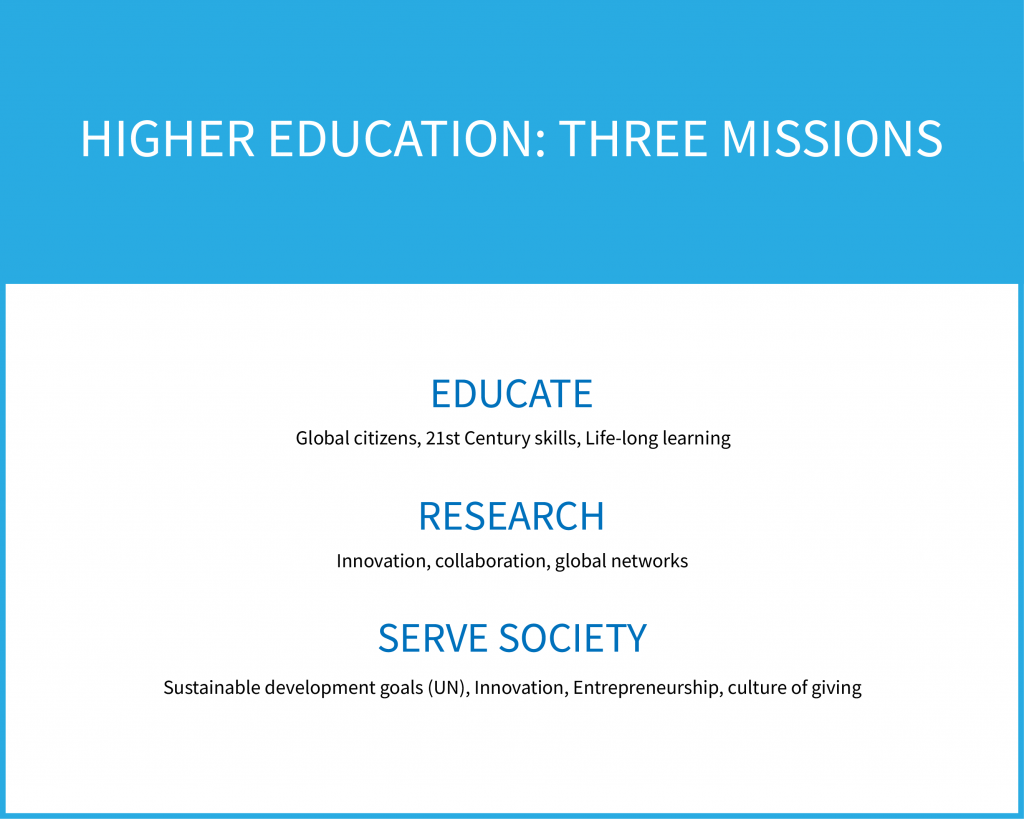
There are many ways in which international alumni can help to fulfil an institution’s goals. Within education, alumni can become brand ambassadors, curriculum advisors, mentors recruiters and even life-long students. In the field of research, they may be PhD Students, co-authors, innovators and be able to maintain liaisons with partner universities. In the wider society, they could be employers, entrepreneurs, investors, fundraisers, volunteers and even donors. International alumni really are an untapped resource for institutions. Tremendous knowledge can be found and a real willingness to give back in some way to their alma mater.
But why would alumni help their university?
Martine Torfs, Head of Alumni Relations at KU Leuven in Belgium suggests that international alumni have the potential to be the most generous people and it is OK for an institution to capitalise on that. But international alumni may have moved on with their lives and careers since graduation and it is important to highlight the value in giving back.
An institution should be providing opportunities for life-long learning through massive open online courses, podcasts and other media. Universities should be providing their alumni with a range of professional and personal opportunities. To allow them to connect with a prestigious brand of academics and educational institutions and the association with high-value degrees. Providing opportunities for international alumni to showcase their own expertise and knowledge through social networking and events. Martine notes that lifelong learning, especially in this digital age, never stops.
One notable challenge for institutions is maintaining contact with their international alumni and keeping up to date records. Aluminate Community Builder places at its heart the formation of meaningful member relationships and can facilitate increasing regional academic expertise, growing stakeholder networks, expanding international recruitment and recruiting international liaisons officers.
Aluminati was proud to sponsor the Introduction to Advancement Leadership conference hosted by CASE. Held at the beginning of November, it featured talks covering various topics, with panels of industry leaders and experts leading the conversations. Be sure to check out our previous article in this series How to Turn Your Alumni into Brand Ambassadors.
Find out how Aluminati can help supercharge your institution’s alumni relations programmes.

